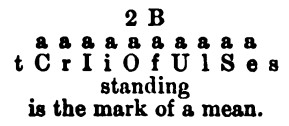On the afternoon of June 28, 1914, Stefan Zweig was on holiday in Baden, reading an essay in the Kurpark, while
the wind in the trees, the twittering of the birds and the music floating across from the park were at the same time part of my consciousness. I could clearly hear the melodies without being distracted, for the ear is so adaptable that a continuous noise, a roaring street, a rushing stream are quickly assimilated into one’s awareness; only an unexpected pause in the rhythm makes us prick our ears … Suddenly the music stopped in the middle of a bar. I didn’t know what piece they had played. I just sensed that the music had suddenly stopped. Instinctively, I looked up from my book. The crowd, too, which was strolling through the trees in a single flowing mass, seemed to change; it, too, paused abruptly in its motion to and fro. Something must have happened.
Word had just arrived that the archduke of Austria had been assassinated in Sarajevo.
(Quoted in Christopher Clark, The Sleepwalkers, 2013.)


